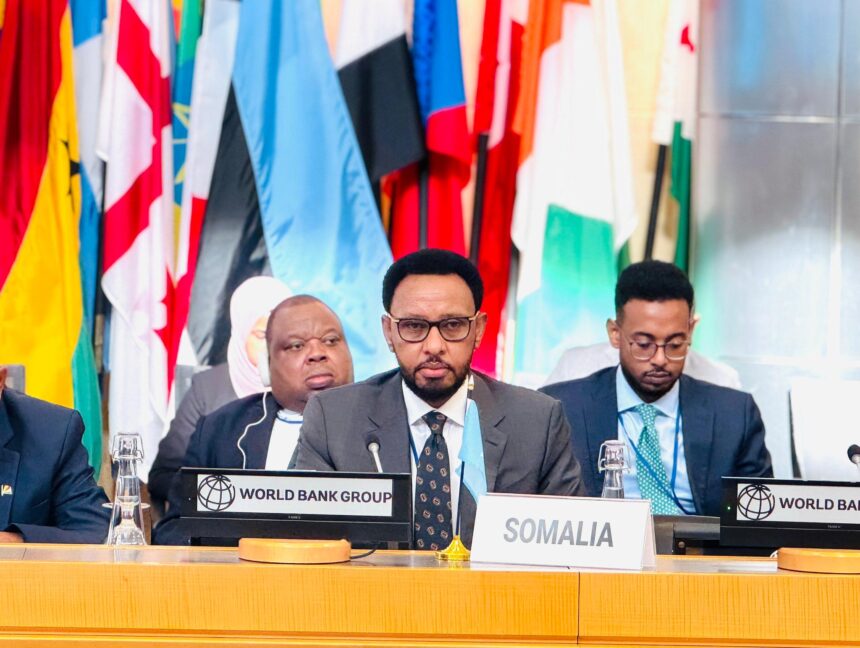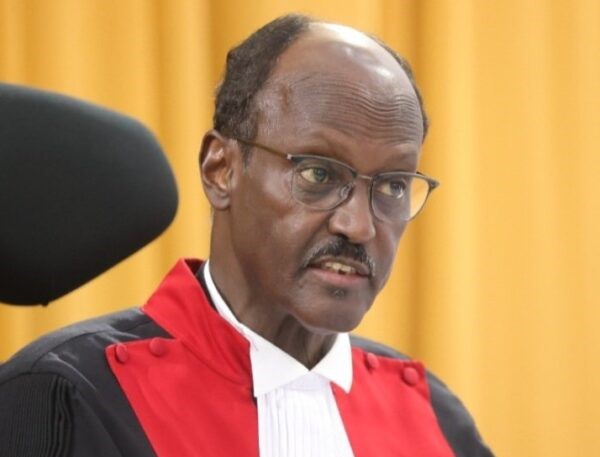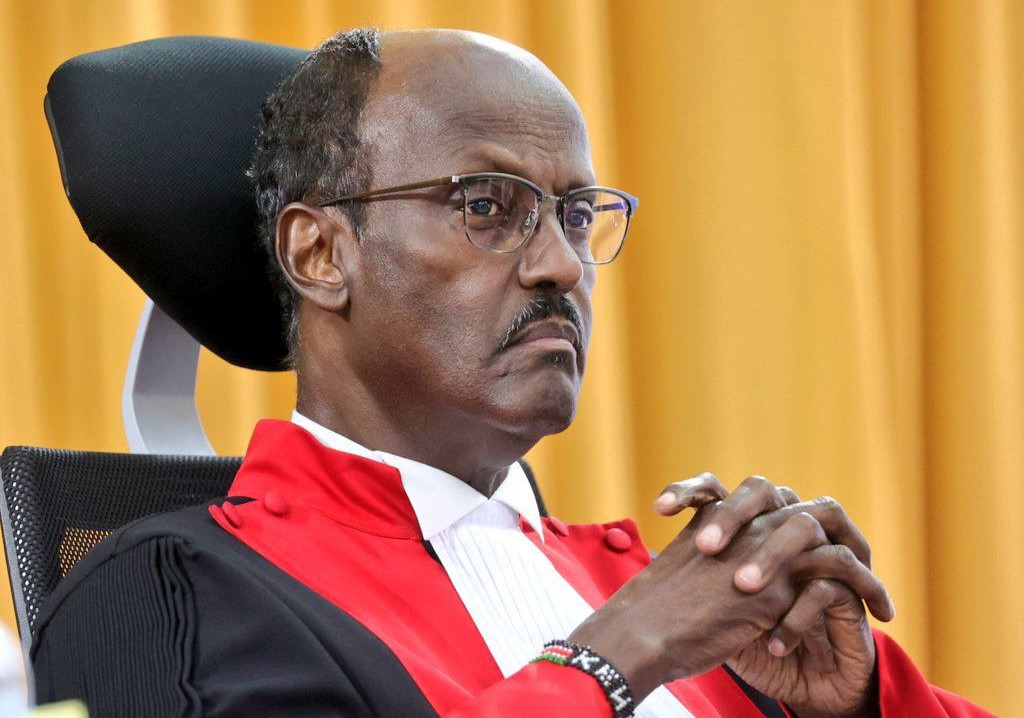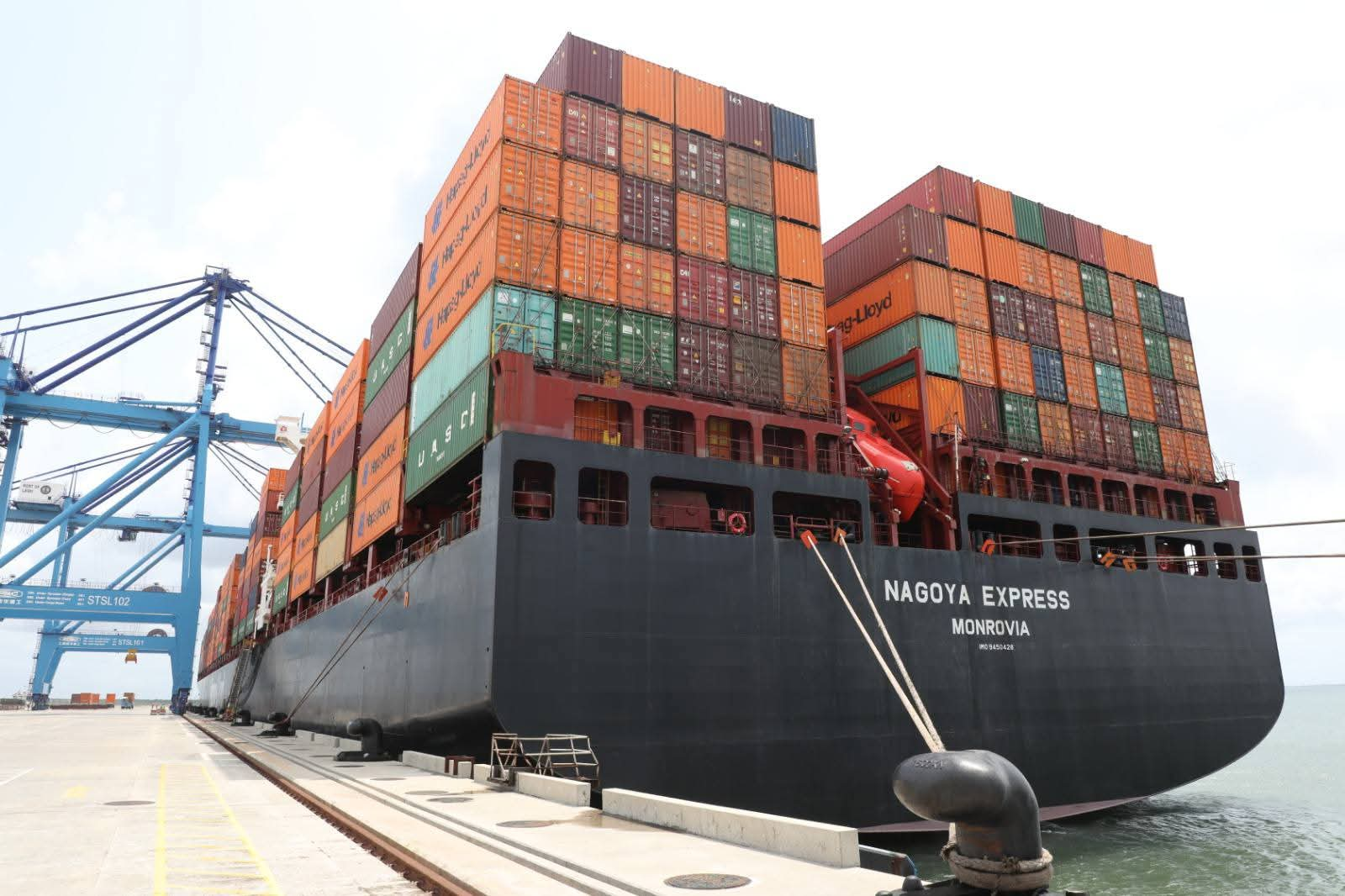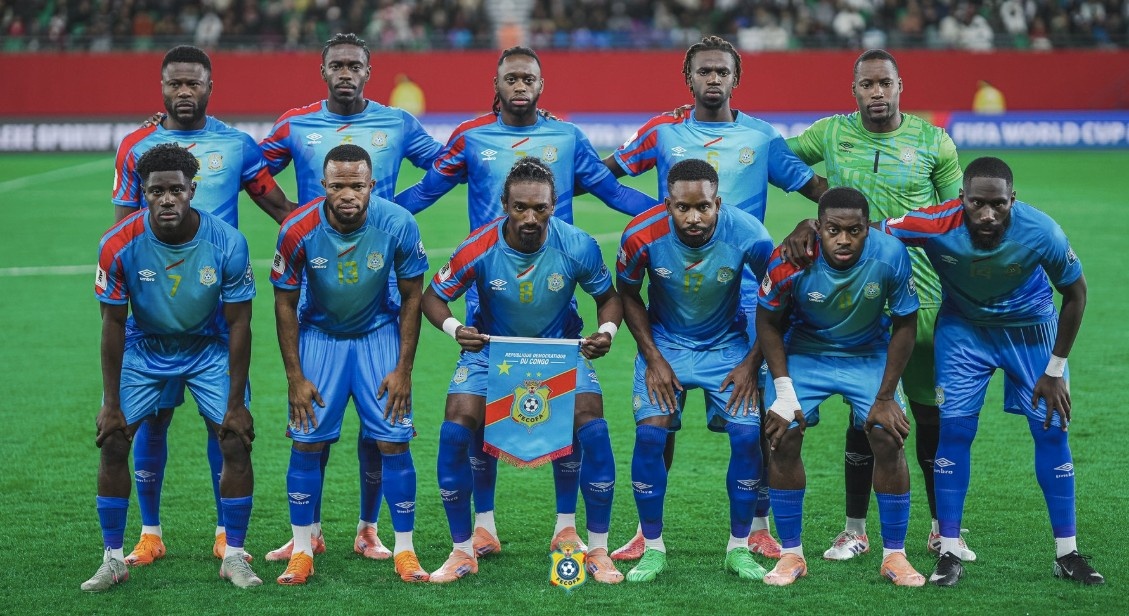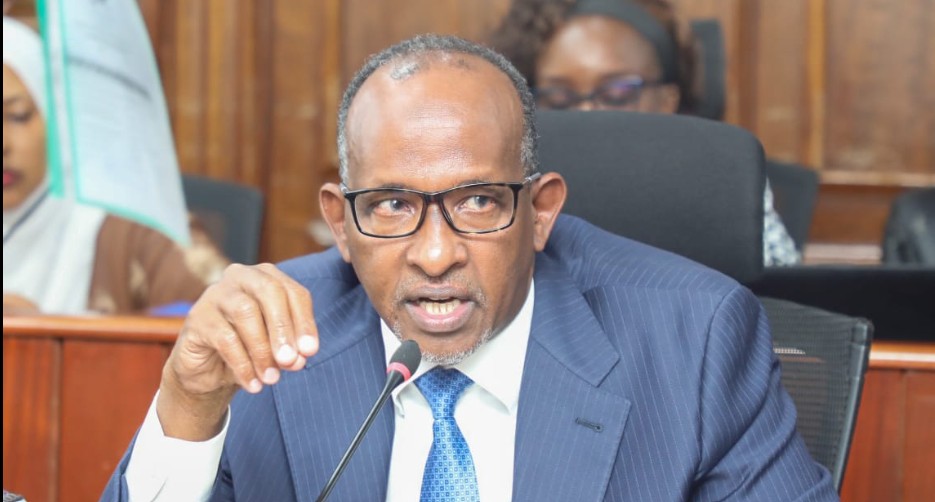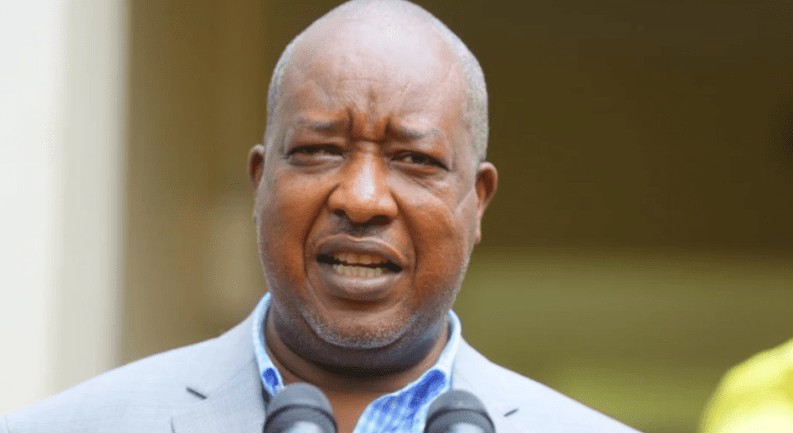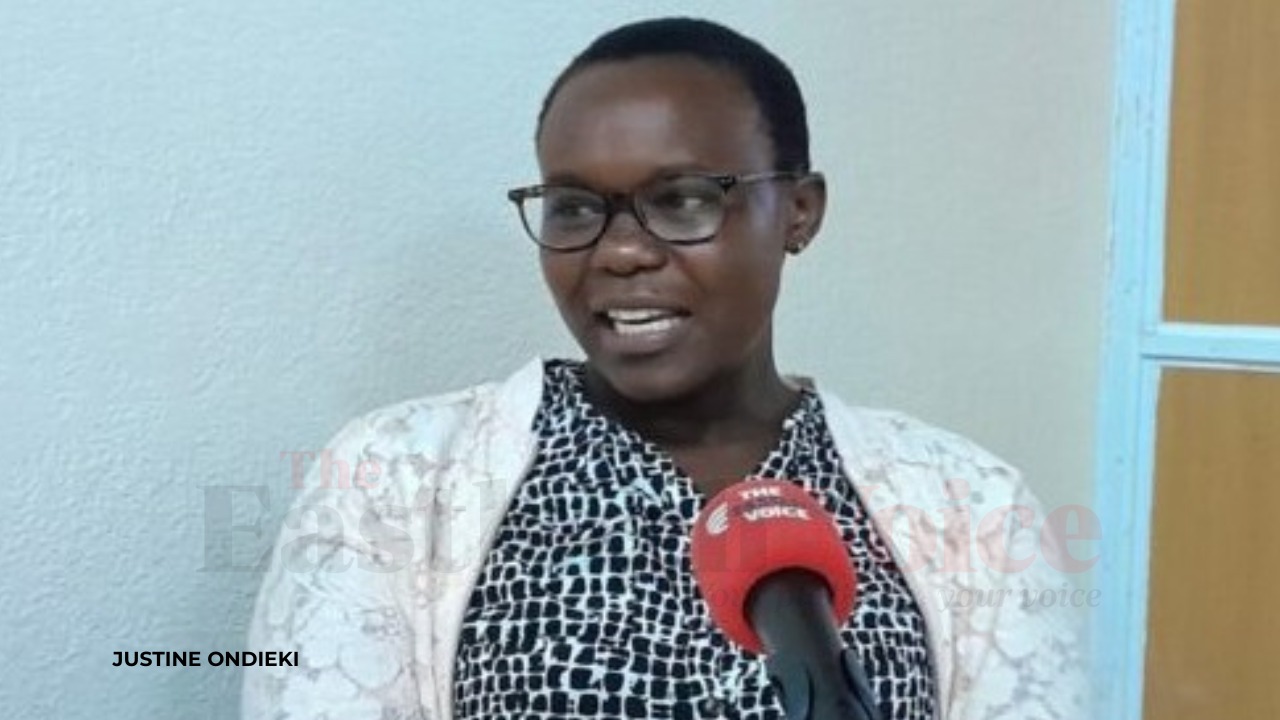New hospital brings hope to women battling obstetric fistula in Kilifi
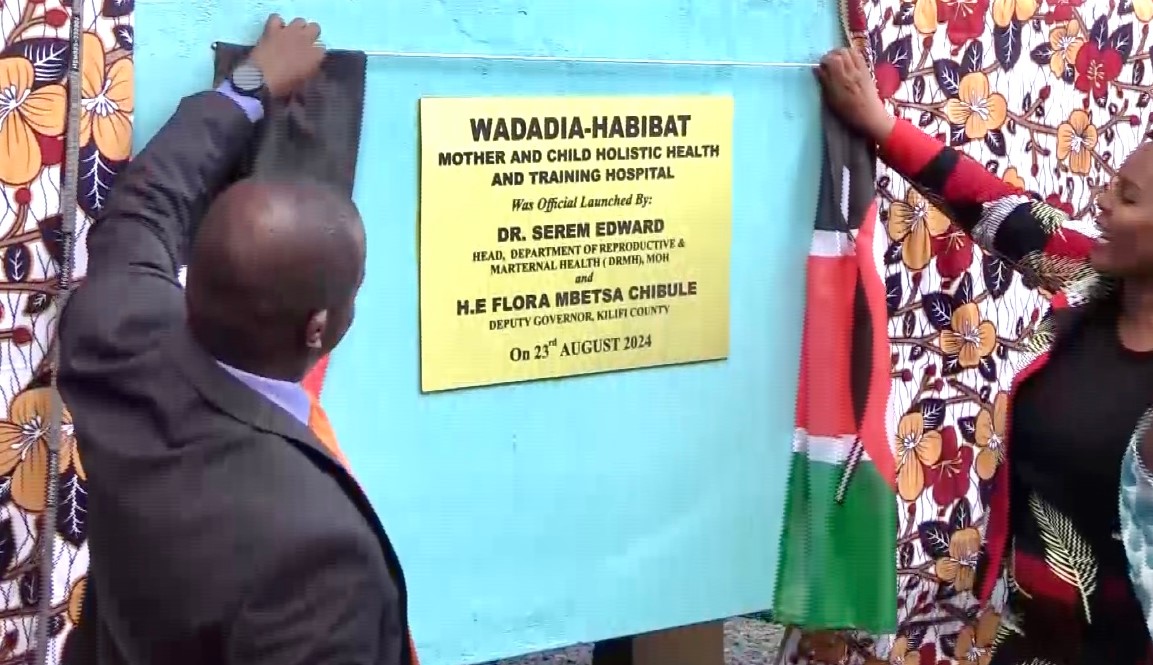
Obstetric fistulas are caused by protracted or obstructed labour, which results in an improper connection between the birth canal and the rectum.
Women suffering from obstetric fistula in Kilifi County now have a new source of hope with the opening of a cutting-edge hospital dedicated to their treatment.
The Wadadia-Habitat Mother and Child Holistic Health and Training Hospital, a 60-bed facility administered by Women and Development Against Distress in Africa (WADADIA), provides free treatment to patients suffering from this debilitating ailment and related concerns such as fibroids.
More To Read
Dr. Habiba Mohamed, who founded and manages WADADIA, emphasised the significance of the new facility.
According to her, over 3,000 women in Kenya suffer from obstetric fistula each year, a devastating ailment that is frequently aggravated by societal shame, discouraging many from seeking critical medical attention.
Dr. Mohamed's company has previously performed around 6,000 fistula operations and operates in 14 Kenyan counties.
The new hospital is just the second in the coastal region to offer such specialised treatments, the other being Bomu Hospital in Mombasa.
"In the Coastal region, a scarcity of fistula surgeons has been a severe concern. Our new 60-bed facility strives to close this gap. Dr. Mohamed stated, "We have the space to expand if necessary, and we are committed to addressing this urgent need."
Obstetric fistulas are caused by protracted or obstructed labour, which results in an improper connection between the birth canal and the rectum.
This frequently results in bothersome symptoms such as unpleasant vaginal discharge or involuntary bowel movements. Although some fistulas heal naturally, the majority require surgical repair, making prompt intervention critical.
Dr Anthony Wanjala, an obstetric gynaecologist at the clinic, stated that the hospital has already done procedures on 60 women during its first week of operation.
He expects that by the end of the second week, the number of treated patients would have reached 200.
"We are committed to providing free care to women who cannot afford treatment. Many of these women have been marginalised owing to stigma and financial difficulties. Our goal is to provide them with a path to recovery," Dr. Wanjala explained.
The Deputy Director of Health, Edward Serem, emphasised the larger context of the situation, saying that Kenya now has just 30 trained fistula surgeons, with only 10 actively practising. "We recently improved the training curriculum for fistula surgeons, resulting in the graduation of five new specialists," Serem said.
The Wadadia Hospital is the country's twelfth devoted to fistula care.
Serem urged Community Health Care Providers (CHPs) to take an active role in increasing awareness, screening, and referrals. "Preventing fistula through early intervention and ensuring that expectant mothers receive care in medical facilities are essential steps," he said.
Other Topics To Read
Flora Chibule, Kilifi's Deputy Governor, emphasised the need for grassroots awareness. She mentioned that the county's 3,500 CHPs have been taught to disseminate awareness about numerous health concerns, including fistulas. "Effective sensitisation is vital, particularly in remote areas where many women suffer in silence," replied Chibule.
Gladys King'ori, a patient who recently had surgery in the new hospital, expressed comfort and gratitude. "When I arrived with my medical paperwork, I was the first patient to receive treatment. They did the necessary operation, and I am still healing. I am grateful for the opportunity to reclaim my health and dignity."
Top Stories Today

